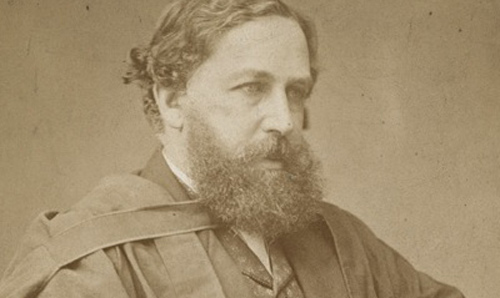History and heritage
Manchester is one of the oldest centres for the study of economics in the UK, with a Chair in Political Economy established in 1854.
William Stanley Jevons was appointed to this Chair (1866–1876) during which time he published The Theory of Political Economy, a work which argued that economics, viewed as a science, is necessarily mathematical. His contribution was integral to the so-called marginal revolution in economics.
Since then many famous names in economics have worked in Manchester, including three Nobel prize winners (Sir John Hicks, 1938-46, Sir Arthur Lewis, 1948-58, and Joseph Stiglitz, 2004-2010).
The UK's first Department of Econometrics was established at Manchester in 1959.
The relevance of political economy

"When the problem with which the economist is concerned is reduced to its narrowest dimensions it is a problem of how the occupied members of a community seek to satisfy their own wants and the wants of those who are dependent on them. Theoretically it is conceivable that individuals might seek to satisfy these wants by their own isolated activities, but, in such case, they could hardly be regarded as members of a community. As members of a community their activities are specialised, and their wants are satisfied not so much by things which result directly from their own activities as by things which accrue to them by a process of mutual exchanging. However far this process develops, the impulse behind it is the desire for an ampler satisfaction of wants which are ever ready to expand in variety or number. As the process develops there grows up an economic system, and, as the system grows, it becomes more complex, and the problem with which the economist is concerned assumes a multitude of aspects, but, at bottom, the problem remains the same."
G. W. Daniels (1934): The Relevance of Political Economy.
